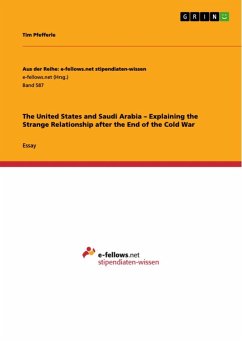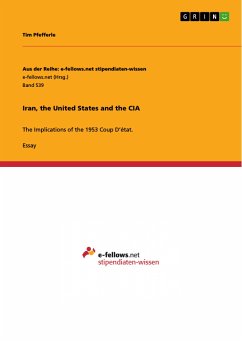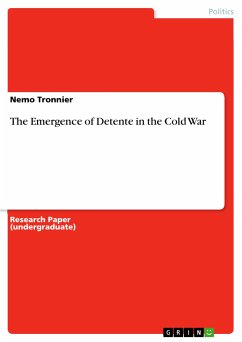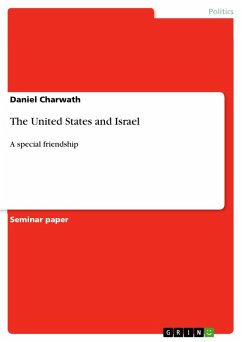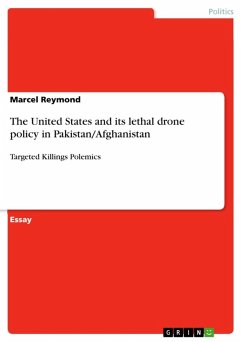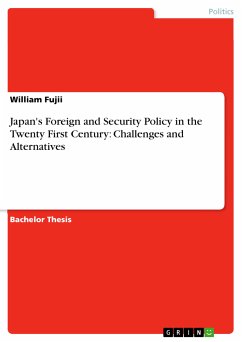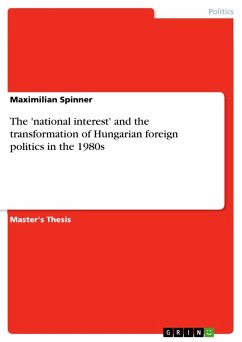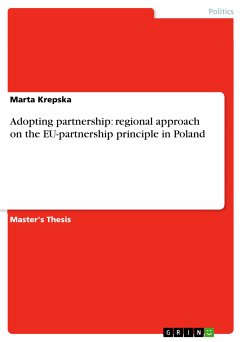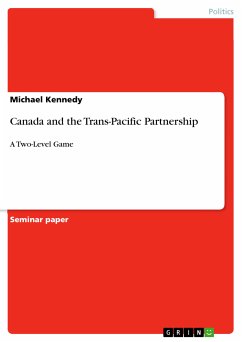
Canada and the Trans-Pacific Partnership (eBook, ePUB)
A Two-Level Game
Versandkostenfrei!
Sofort per Download lieferbar
Statt: 15,95 €**
13,99 €
inkl. MwSt. und vom Verlag festgesetzt.
**Preis der gedruckten Ausgabe (Broschiertes Buch)
Alle Infos zum eBook verschenkenWeitere Ausgaben:

PAYBACK Punkte
0 °P sammeln!
Seminar paper from the year 2012 in the subject Politics - Political systems in general and in comparison, grade: A+, Webster University, language: English, abstract: The Trans-Pacific Partnership (TPP), formerly titled the Trans-Pacific Strategic Economic Partnership, is a free trade agreement currently being negotiated that could represent the world's largest multilateral free trade bloc in terms of gross domestic product (GDP). This agreement, if successfully ratified, would establish stronger economic ties between various Pacific Rim countries. Originally signed by Brunei, Chile, New Zeala...
Seminar paper from the year 2012 in the subject Politics - Political systems in general and in comparison, grade: A+, Webster University, language: English, abstract: The Trans-Pacific Partnership (TPP), formerly titled the Trans-Pacific Strategic Economic Partnership, is a free trade agreement currently being negotiated that could represent the world's largest multilateral free trade bloc in terms of gross domestic product (GDP). This agreement, if successfully ratified, would establish stronger economic ties between various Pacific Rim countries. Originally signed by Brunei, Chile, New Zealand, and Singapore in 2005, the list of members participating in the TPP negotiations has since grown in size to include Australia, Peru, the United States, and Vietnam in 2008, Malaysia in 2010, and Canada and Mexico in 2012. From 2010, Canada had been an observer of the negotiations but could not participate as it had been blocked by New Zealand and the United States from joining the talks. This was due to its domestic agricultural policies and intellectual property rights standards. In addition to the current negotiating parties, Japan, the Philippines, Taiwan, and South Korea have also expressed interest in joining the discussions. [...]
Dieser Download kann aus rechtlichen Gründen nur mit Rechnungsadresse in A, B, BG, CY, CZ, D, DK, EW, E, FIN, F, GR, HR, H, IRL, I, LT, L, LR, M, NL, PL, P, R, S, SLO, SK ausgeliefert werden.




